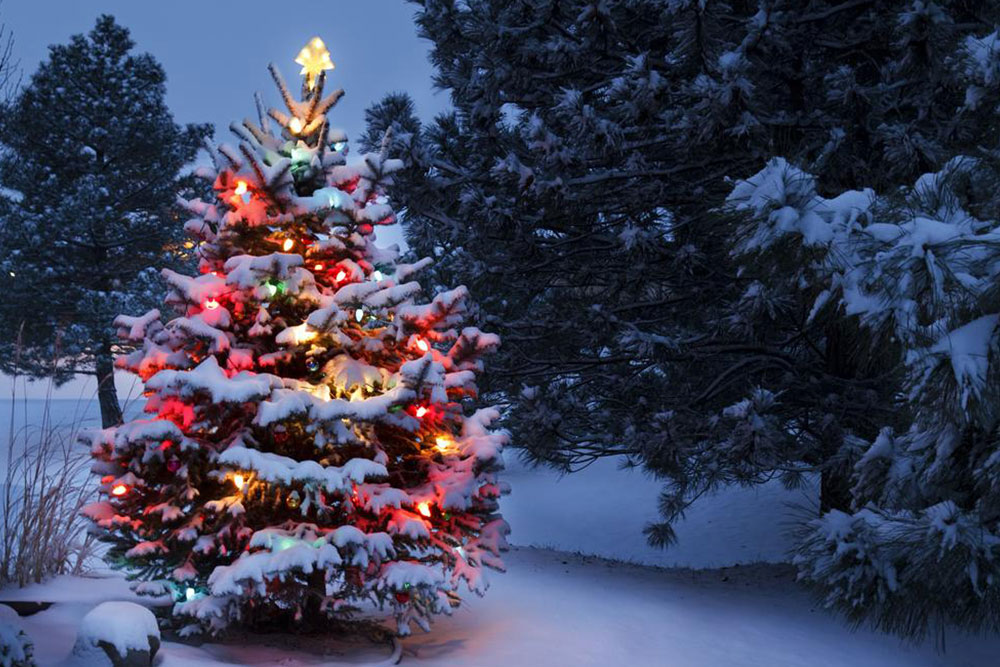Christmas trees – A holiday tradition for centuries
The tradition and ritual of putting up a Christmas tree and decorating it is nothing new to the world. It is a nostalgic activity that many people have fond memories of. However, with the passage of time, there was a huge change from classic to trendy. The traditional culture of Christmas has intersected with the modern culture of plastics, and this is how the artificial Christmas trees came into picture.

Facts about artificial Christmas trees
- The first artificial Christmas tree was made in the early 1930s by Addis Brush, a British-based company.
- The earliest artificial Christmas tree was made of wood.
- Some of them were was made of brush bristles. After its invention, these trees have gained widespread popularity all over the world. It is an artificial pine and fir tree that is manufactured for using it as a Christmas tree.
- Many modern fake Christmas trees are made of polyvinyl chloride (PVC).
- There are many other types of these trees available in the market, including feather Christmas trees, fiber-optic illuminated and the aluminum Christmas trees.
- An artificial Christmas tree generally ranges between $25 to $400, depending upon its size and features. A high quality tree can also hit about $2,000.
- In 2007, about 18 million artificial Christmas trees were sold in the U.S. as it is commonly believed that buying them saves money.
People now choose artificial Christmas trees over the real ones as they are safe, hassle free, and pocket-friendly too. They are environment-friendly as well because they eliminate cutting of numerous trees for Christmas.
Advantages
- Once you have invested your money on an artificial Christmas tree, you are done and can use it year after year. Therefore, it saves a lot of unnecessary cost.
- These trees are very convenient to use. They always maintain their ‘perfect shape’ and are reusable. All you have to do is just drag it to the place once a year.
- Like other real Christmas trees, the artificial one doesn’t have to be watered daily and it also doesn’t scatter messy needles over the floor.
- They are available in a variety of styles. You can find any of your favorite kinds in an artificial form. They are available in all sizes right from tabletop trees that are 2-feet tall to 12-feet tall trees that can fill and spread in an entire living room.
Disadvantages
- As the PVC artificial Christmas trees are made of plastic, they release toxins over time, which are harmful for both man and animals and can cause serious health diseases like cancer and neurological damage.
- It is also known that PVC is a non-biodegradable and petroleum-based plastic. So after throwing it away, it isn’t going to decompose and will be there in the landfill forever.
- Apart from these, artificial Christmas trees are a fire hazard too.
Disclaimer:
The content provided on our blog site traverses numerous categories, offering readers valuable and practical information. Readers can use the editorial team’s research and data to gain more insights into their topics of interest. However, they are requested not to treat the articles as conclusive. The website team cannot be held responsible for differences in data or inaccuracies found across other platforms. Please also note that the site might also miss out on various schemes and offers available that the readers may find more beneficial than the ones we cover.